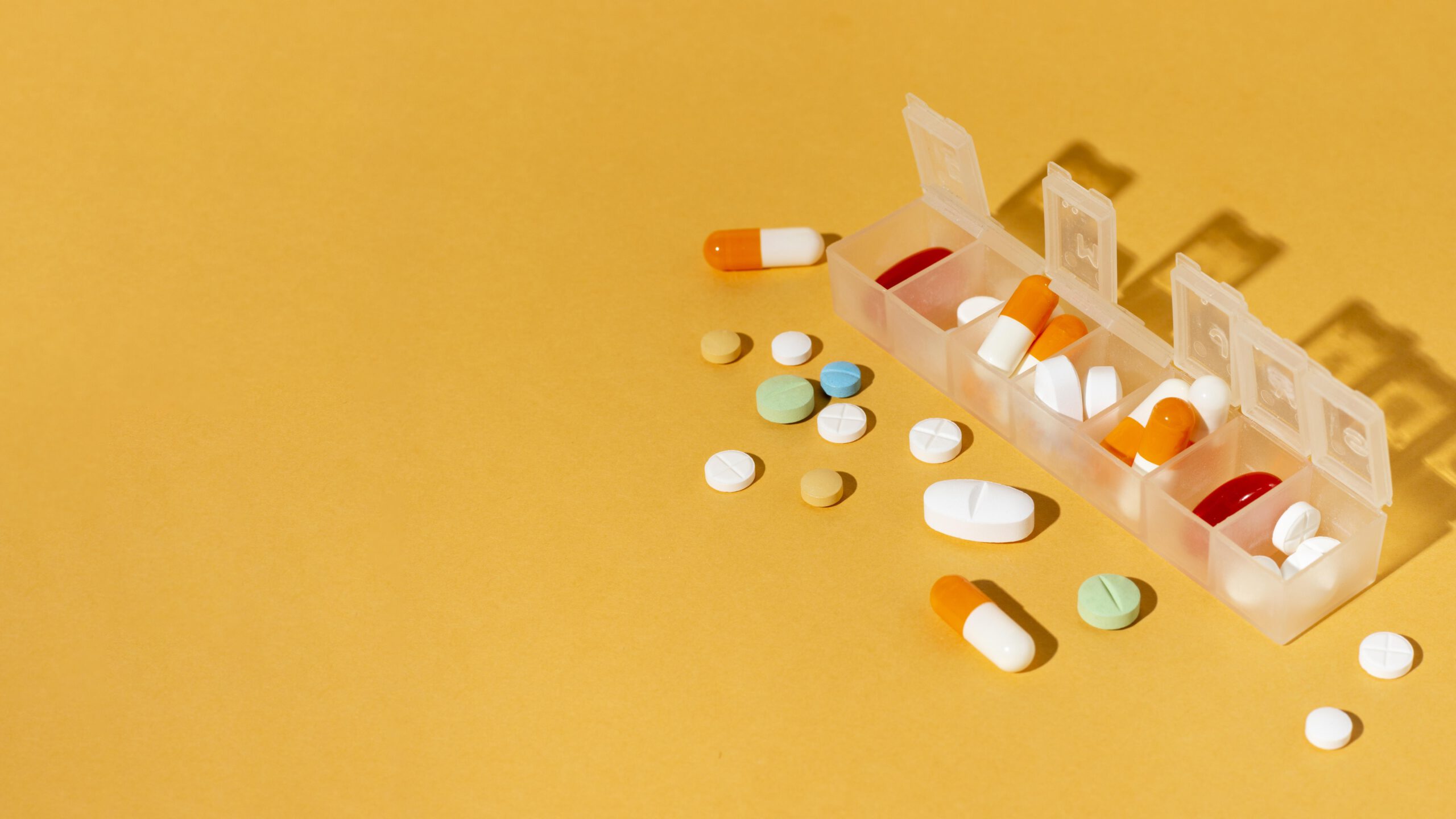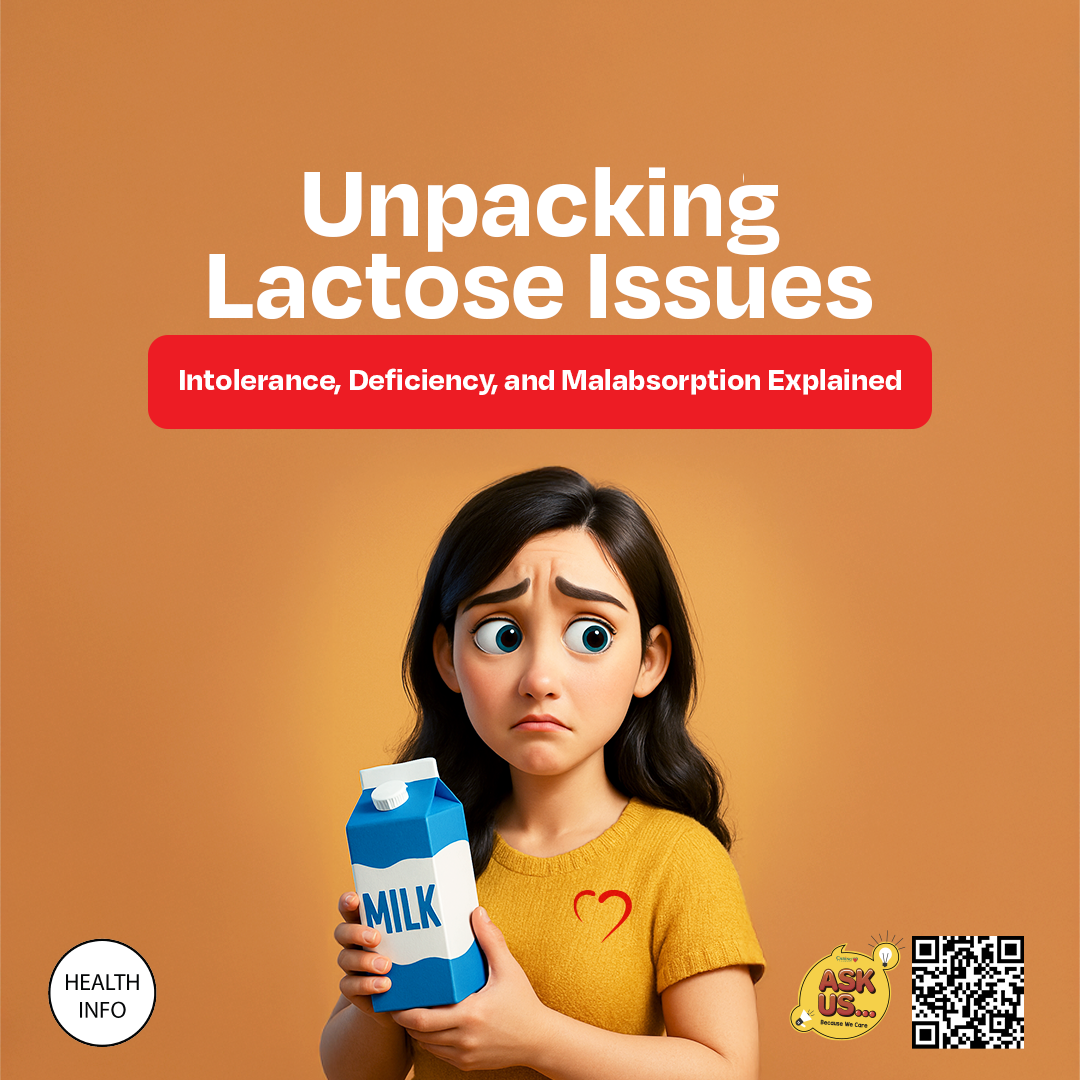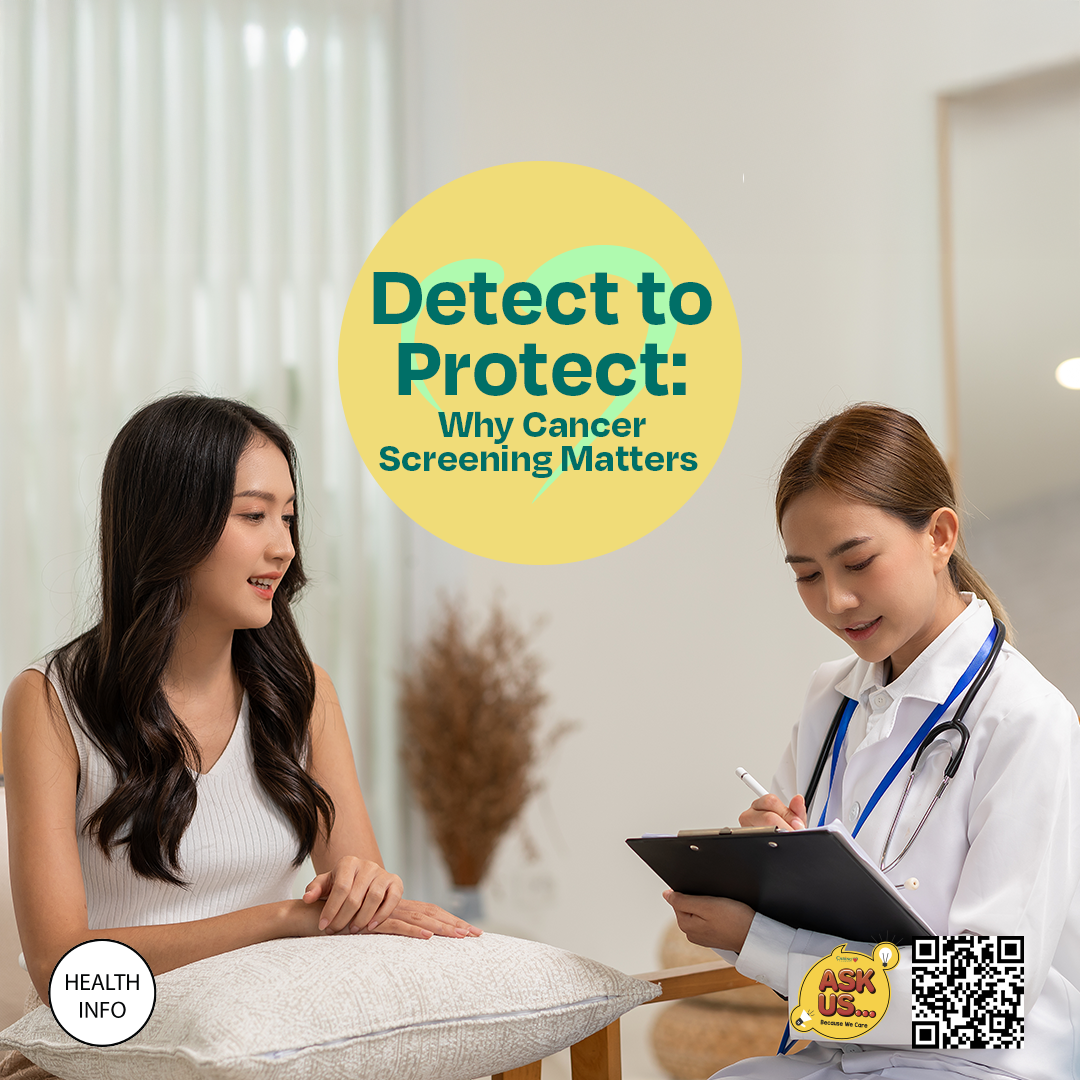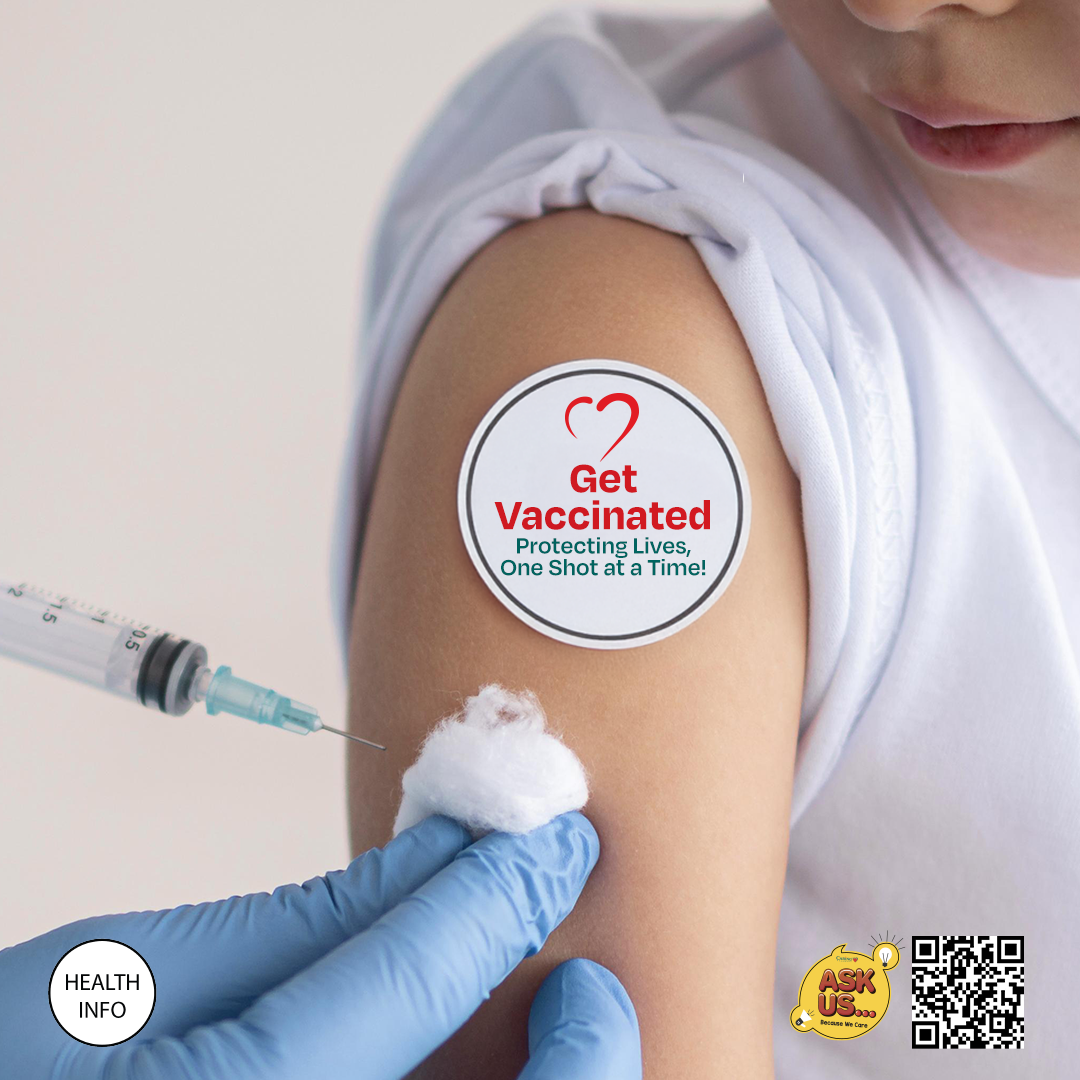
Heavy rains have caused a series of floods and flash floods in several parts of Malaysia. Have you overlooked your medications during this crisis? Missing pills on your chronic disease may affect your control over the diseases. Therefore, here are some tips on what to do with your medication during a flood.
Bring Your Medication To The Evacuation Center
Don’t forget to bring your medication to the evacuation center. Most people will be stressed up during the evacuation, stress can negatively affect most chronic disease conditions. Taking your medication on time will help to reduce the chance of chronic disease going out of control.
Keep Medications In Proper Storage Condition
The quality of medicines may be affected due to improper storage. As a result, the treatment might be ineffective. Keep your medicines in its original container/packing. Do not remove the original medicine packing which is properly sealed in blister packs. Blister packs are easy to transport and store. Most medications that are in tablet and capsule form should be kept at room temperature (15-30°C) and away from sunlight exposure.
Keep It Cool: Medications That Require Refrigeration
For medication which requires refrigeration (2-8°C) for example, insulin pen and etc.
- To store your medication properly and keep it cold, you will need an insulated cooler bag and reusable ice gel pack. Put your medication in the inner compartment of your insulated bag. Store the refreezable ice gel pack in the pouch compartment. If there is no compartment to store the ice gel packs, place a hand towel on top of the ice gel pack, and the medication on top of the towel.
- Once opened, the insulin shelf life reduces to a month. Insulin that’s currently in use, whether in a pen, vial or pump, should be kept at room temperature (15-30°C)). Insulin will break down and should not be used if it gets too hot or too cold, so it’s important to protect your insulin.
Always Keep A List Of Medications That You Are Taking
Keeping a list of medication and their dosage will help the healthcare provider to identify and supply accordingly when you are in need of medication. Using your phone to snap a picture of your medication will be a good way to keep a record of your medications.
Do Not Share Medications With Other People
If you take a drug that was meant for someone else, you might possibly experience an allergic reaction, an interaction with other medications or side-effects. Correct dosage is critical to ensuring that medications are both safe and effective for the patient. You might not be taking the correct dosage if you share medication with others.
Do Not Use Medication Affected By Flood Water
The Center for Drug Evaluation and Research (CDER) at FDA strongly suggests avoiding medications that have been affected by flooding or unsafe water. After a natural disaster, it is important to inspect all drugs. Drugs exposed to flood or unsafe flood water may become contaminated. This contamination may lead to serious health effects. If you are unsure about the condition of the medication, do check with your doctor or pharmacist.
Follow Up On Your Chronic Condition When Flood Subsided
Individuals with chronic conditions might require special attention after a natural disaster. In addition to exacerbating existing conditions, disasters also contribute to the development of new chronic illnesses. It is recommended to do a medical follow up with your healthcare provider after a natural disaster to ensure your chronic condition is under control.
Safe Disposal of Medications
Wondering where to dispose of your medications affected by flood waters? CARiNG Pharmacy in collaboration with University Malaya (U.M.) launched the Safe D.U.M.P Programme where you can send in the unwanted medicines to all the CARiNG Pharmacy stores for safe disposal. Bring along the unused medication to ANY CARiNG Pharmacy stores and we would assist to dispose of the medication safely.
Lastly, for any further clarification on medications affected by flood waters, do speak to your healthcare provider or do approach or contact the pharmacist at any CARiNG Pharmacy stores. You can also message us on our Facebook.
References
- The Benefits of Blister Packaging for Medication. Lakeside Medicine Centre Pharmacy. (Web assessed Jan 2022). Web Link: https://www.lakesidepharmacy.ca/blog/post/5/The_benefits_of_blister_packaging_for_medication/#:~:text=Blister%20packs%20are%20used%20to,need%20to%20take%20your%20medication.
- Safe and Proper Storage of Medication. Hayati Alwani bt. Yahaya. Ministry of Health Malaysia (MOH). (Web assessed Jan 2022). Web Link: http://www.myhealth.gov.my/en/safe-and-proper-storage-of-medicines/
- Don’t share medication with friends and family. Here’s why. Geisinger Health. (Web assessed Jan 2022). Web Link: https://www.geisinger.org/health-and-wellness/wellness-articles/2017/03/21/20/57/dont-share-medication-with-friends-and-family-heres-why
- Four Dangers of Sharing Prescription Medication. Abington Health. (Web assessed Jan 2022). Web Link: https://www.abingtonhealth.org/healthy-living/health-news/library/articles-related-to-general-health/the-dangers-of-sharing-prescription-medications/
- Safe Drug Use After a Natural Disaster. U.S Food & Drug Administration (FDA). (Web assessed Jan 2022). Web Link: https://www.fda.gov/drugs/emergency-preparedness-drugs/safe-drug-use-after-natural-disaster
- Chronic Disease After Natural Disasters: Public Health, Policy, and Provider Perspectives. Suneja, Amit; Chandler, Thomas E.; Schlegelmilch, Jeffrey; May, Michael; Redlener, Irwin E. Columbia University Libraries. (Web assessed Jan 2022). Web Link: https://academiccommons.columbia.edu/doi/10.7916/D8ZP5Q23
Latest Health Info
Unpacking Lactose Issues: Intolerance, Deficiency, and Malabsorption Explained
Ever wonder why some people, or even yourself, are suffering from lactose intolerance? Lactose, the primary sugar in milk and ...
Detect to Protect: Why Cancer Screening Matters
Cancer is a complex group of diseases characterised by the uncontrolled growth and spread of abnormal cells in the body. ...
Get Vaccinated: Protecting Lives, One Shot at a Time
Vaccines are among the most powerful tools in medicine, saving millions of lives by preventing serious diseases. From children to ...




